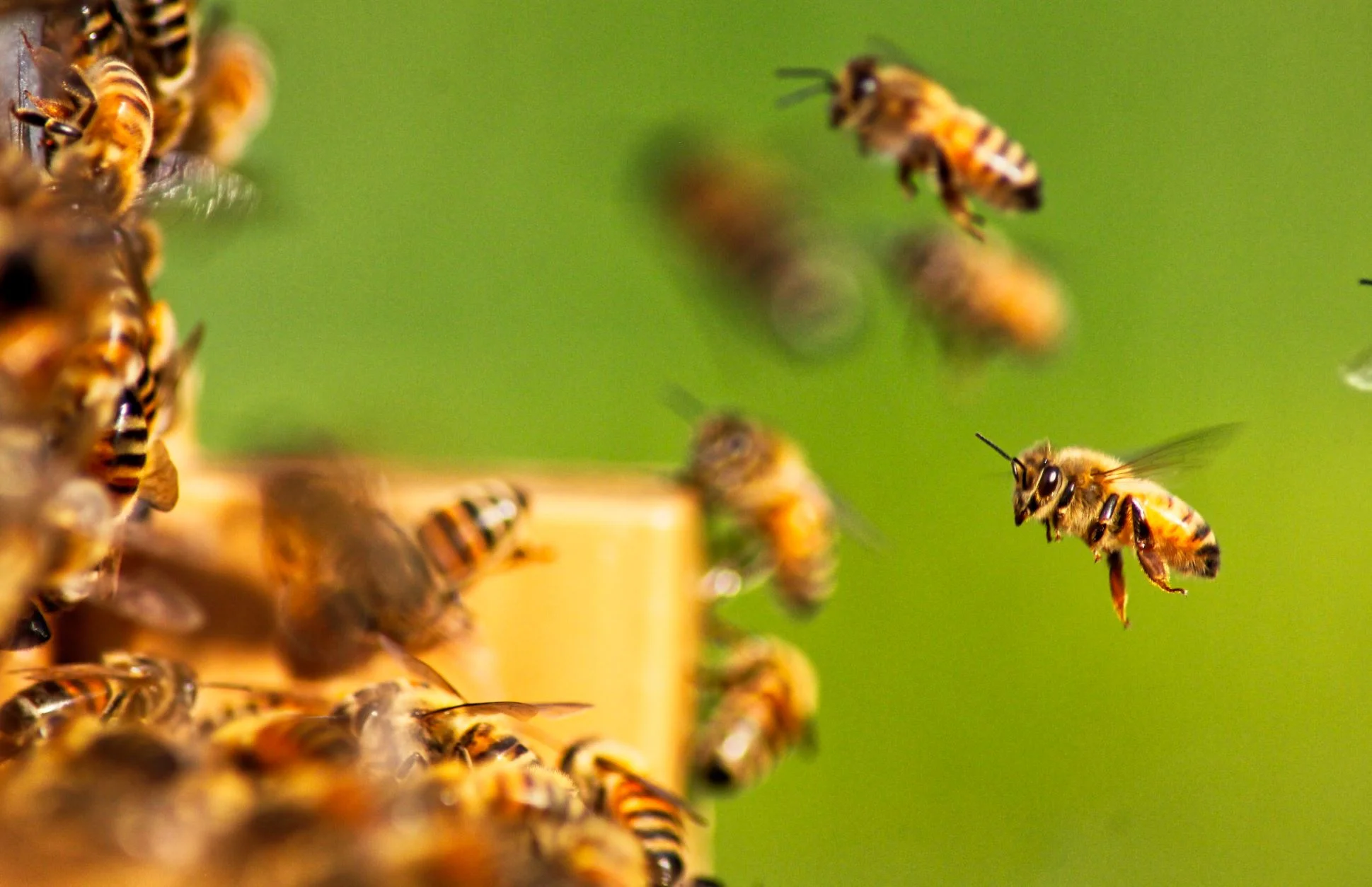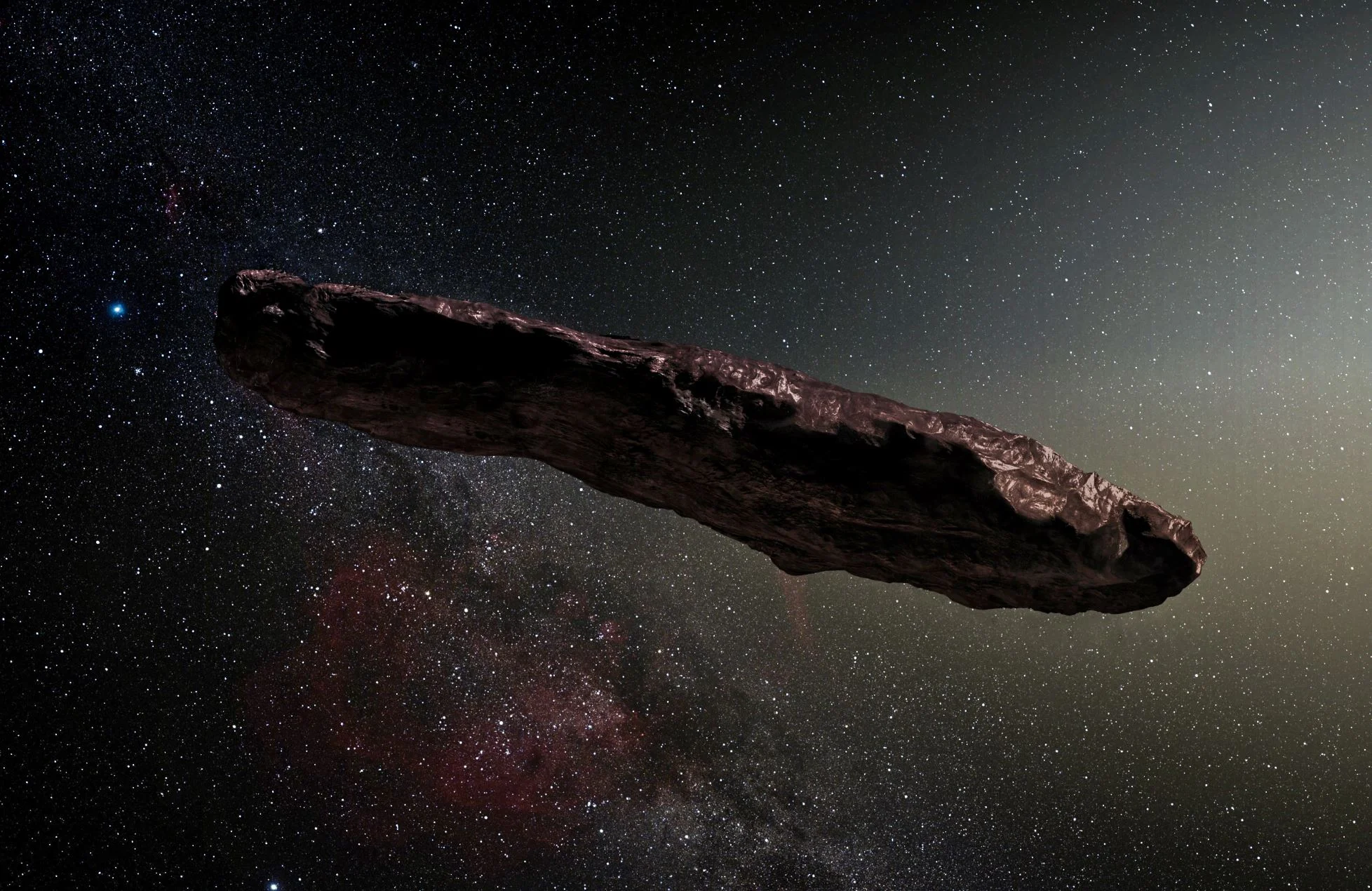What is the shape of our universe? A question that has captivated us for a very long time. A recently published paper arrived at a conclusion that may shake up the field of cosmology tremendously
Remarkable new technology: drug-delivering bandages that can be spray painted onto wounds
What are the important factors that drive agricultural development in Africa?
Competition in the electric SUV segment has finally been heating up, how does Mercedes' entry in the segment fare?
Why don’t evergreens change color and drop their leaves every fall?
Intermediate fasting during the day might improve your impulse to exercise
Scientists discovered how to extract oxygen from the moon's 'soil'
New decision-making model could minimize injuries in inescapable crashes with autonomous cars
Bees can learn higher numbers than we thought – if we train them the right way
Bees are pretty good at maths – as far as insects go, at least. We already know, for example, that they can count up to four and even understand the concept of zero. But in a new study, published today in the Journal of Experimental Biology, we show honeybees can also understand numbers higher than four – as long as we provide feedback for both correct and incorrect responses as they learn.
To avoid drawing attention from predators right whale moms 'whisper' to their young ones
Mysterious tiny black hole flashes like a strobe
An international team of astronomers filmed a small, flashing black hole in our Milky Way using unique, specialized high-speed cameras. The stellar black hole feeds on material from a nearby star and flashes hundreds of times per second. The researchers publish their findings in the journal Monthly Notices of the Royal Astronomical Society Letters.















